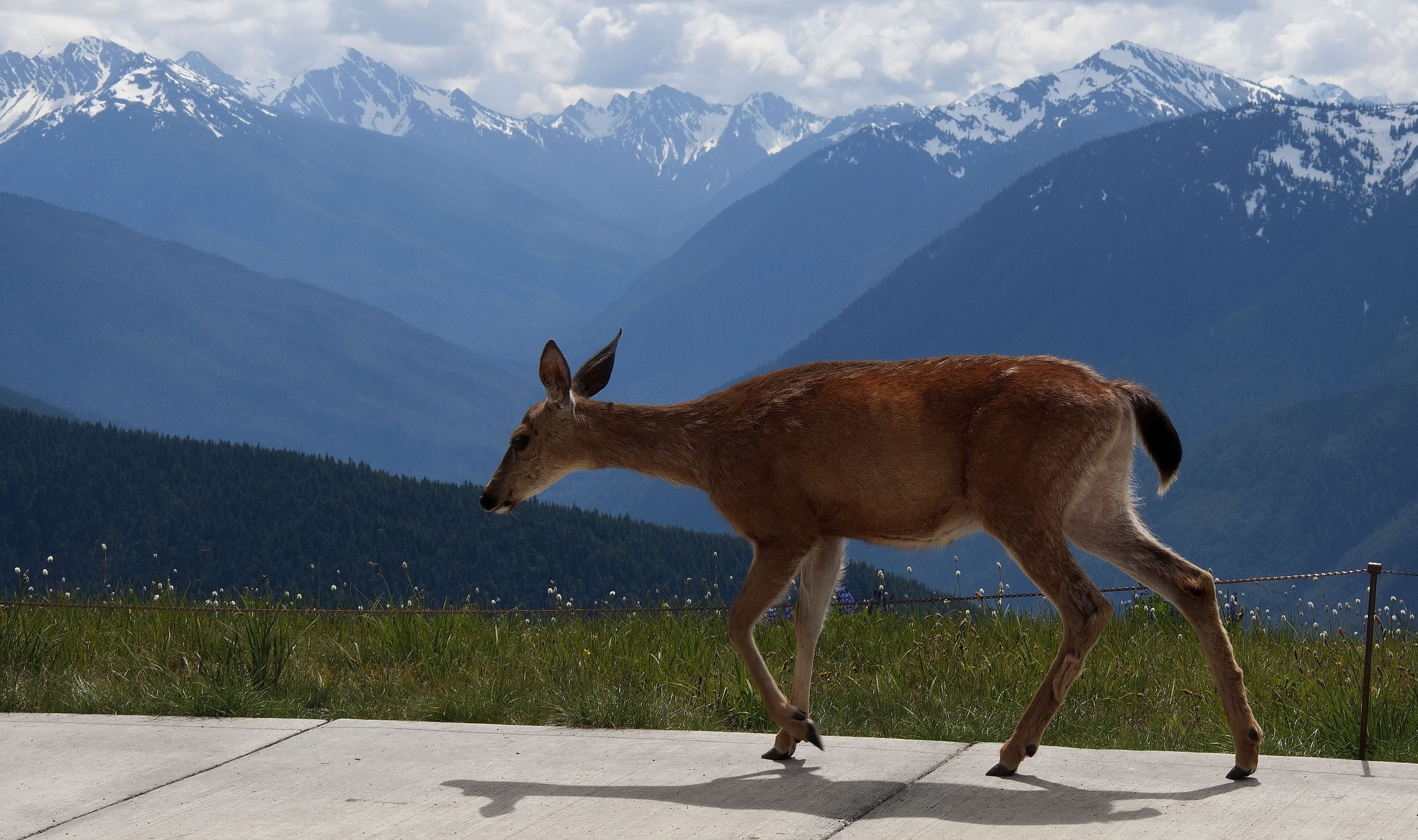Spending a Week on Purgatory Cove
First in a series from my native New England.
AUBURNDALE, MASSACHUSETTS — The small towns circling Boston meld seamlessly into each other, often in a matter of blocks, one weather-beaten city limits sign after another. The place we booked is allegedly in Newton but shows up as Auburndale in our maps app. I went on a walk just after sunrise the other day as my Beautiful Mystery Companion and daughter Abbie slept. I discovered where Purgatory Cove, which laps up against the backyard of our Airbnb rental, feeds into the Charles River. I went from Auburndale to Newton in a matter of steps. Suddenly, I was in Waltham, less than a half mile from where I started. A sign announced this was the Charles River Reservation, a “designated ice fishing area.”
There will be no ice fishing anytime soon. The temperatures in the first few days, staying a few miles west of Boston, rival those in East Texas, in the low 90s. This is a bit depressing, since one of the reasons we escaped the Pine Curtain was to get relief from the heat. But we will persevere, and the weather is supposed to break any day now.
Another sign on the same post says, “No Trespassing After Dark.” That led me to assume it is fine to trespass before dark. I didn’t test my hypothesis, not wanting to jawbone with the local constabulary. I stuck to the road.
Three swans — two white males and one gray female — hang around the pier next door, which at some point broke in half, leaving the swans, ducks, and Canada geese that arrive each morning on a weathered wooden island unmolested by two or four-legged creatures. They preen, hop off to hunt for breakfast, squawk, and swim as I watch from a screened back porch while drinking coffee. A single mallard duck hangs with the swans on the island pier.
I research Purgatory Cove while watching the swans and geese sunning themselves on the pier. Now it is dotted with lily pads and occasional kayakers. Down at the “No Trespassing” sign, anglers often ply their casts, though not on the mornings I walk here. Likely, it is too hot. In the distance I can see a bridge that spans the cove as it feeds into the meandering Charles River, an 80-mile waterway that eventually bisects Boston from Cambridge, home to Harvard and the Massachusetts Institute of Technology.
The Charles River in the 1950s and 1960s was so polluted that the Standells released a single called Dirty Water in 1965. The river and Boston Harbor have long been cleaned up, but the song is still played at the end of every Red Sox home game, with its stanza: I love that dirty water. Boston you’re my home. We will be in Fenway Sunday afternoon listening to the Standells while filing out of the park at game’s end.
I recall as a kid growing up in Allenstown, N.H., walking across the Suncook River bridge from Allenstown to Pembroke, smelling the chemical stench of the waterfall near where a textile factory had once stood. It smelled like particularly pungent urine. The textile factories, once an industrial staple of New England, poured untold tons of chemical poison into the region’s waterways before losing their business to cheaper manufacturers abroad, leaving hulking buildings everywhere. Many have been rehabilitated now as office spaces and condos, including in Waltham along the Charles River. The rivers are clean once again for the most part.
I am back on the screened back deck at dusk, the sun settling below the trees and making it possible to again sit outside. I was reminded this morning while taking photos down at the Charles River Reservation how ferocious New England mosquitoes can be. They need to get their blood-sucking done before a freeze hits, I guess. At least I wasn’t attacked by black flies, another New England annoyance.
The swans are settling in for the night on the island pier. The lone mallard looks pleased to see them return. I watch a contrail from a plane leaving Logan Airport glide across the crimson sky. It is good to be back in New England, even in the heat.
There are more adventures to come in the following days here.
Leave a reply
Fields marked with * are required











